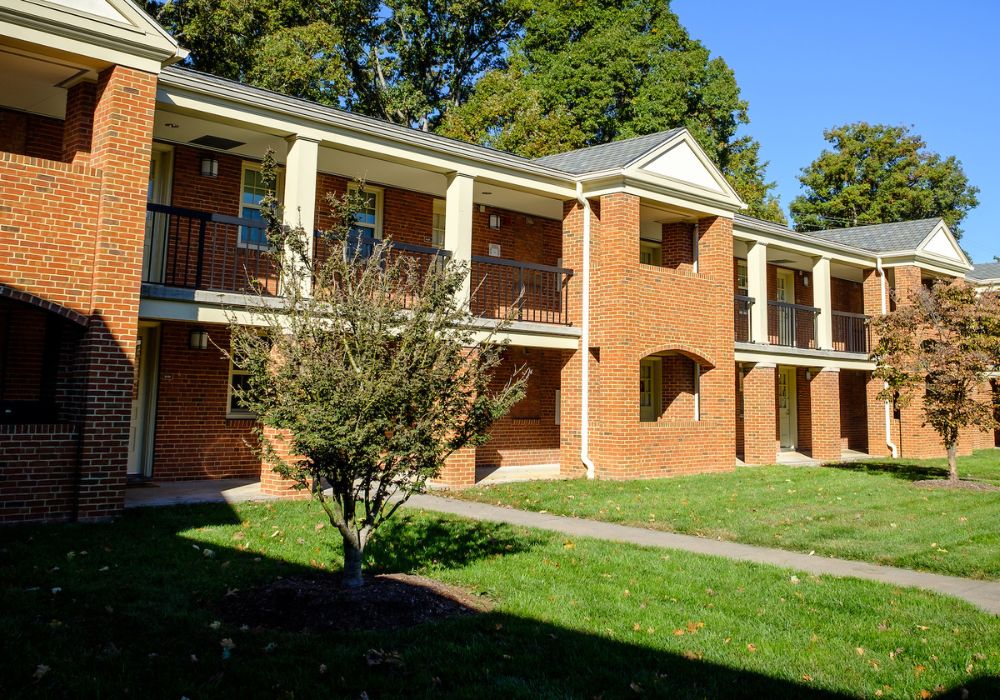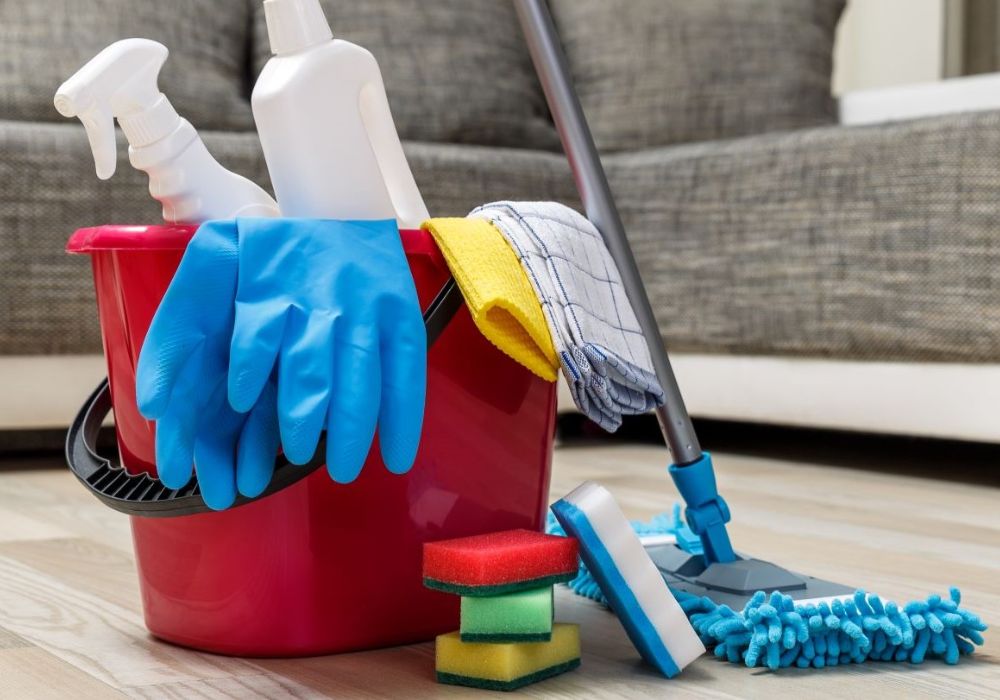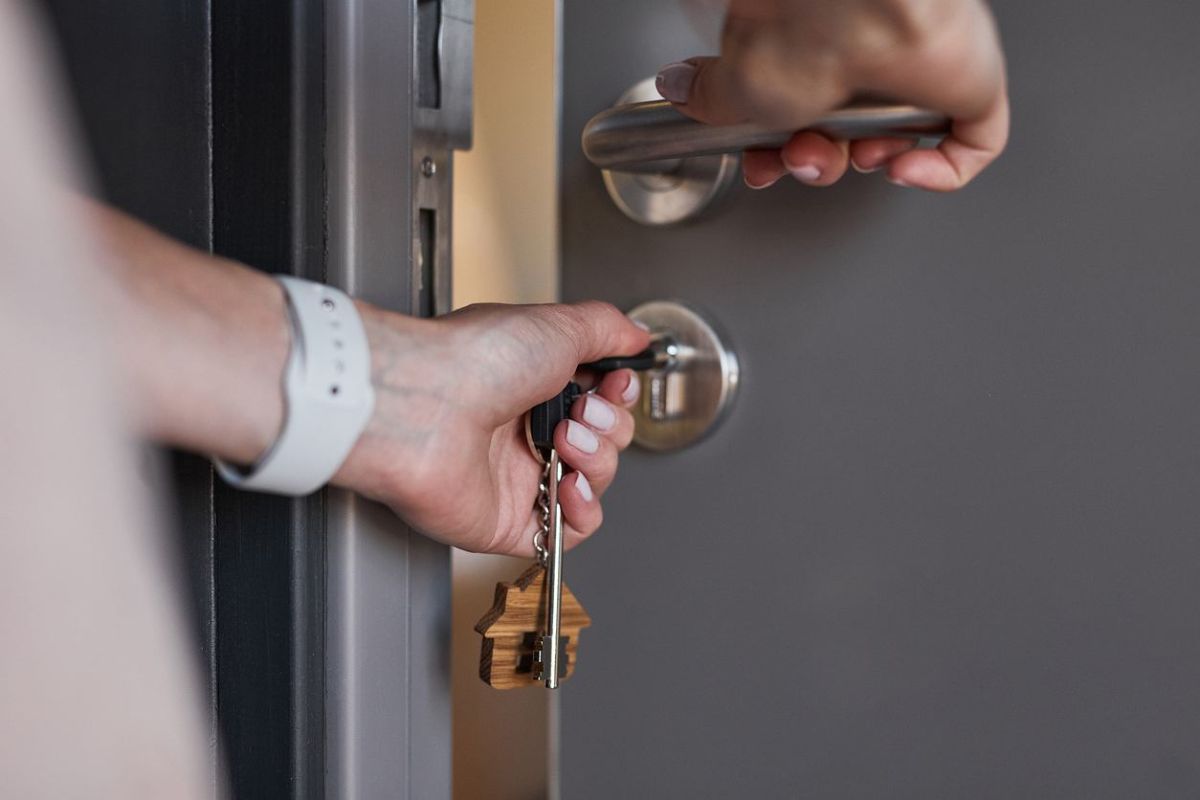Can a tenant install a security camera outside? Many tenants wonder about their rights and options when it comes to enhancing the security of their rented homes.
In this brief introduction, we will explore the potential for tenants to install security cameras outside their rental properties.
Can a tenant install a security camera that records outside their rental property?

Yes, tenants can install security cameras that record public or common outdoor areas like parking lots or sidewalks surrounding the rental property. However, cameras must not record areas where neighbors have a reasonable expectation of privacy, such as directly into a neighbor's windows or doors.
It's best to aim cameras downwards to only capture the tenant's property and point the lens away from neighboring homes or apartments.
What are the privacy concerns with outdoor cameras?
Outdoor security cameras can infringe on a neighbor's privacy if not installed properly. Cameras should never be pointed into a neighbor's private windows or doors. Even outdoor spaces very close to the property line like a patio may be considered private by neighbors.
Tenants must consider privacy guarantees and adjust camera coverage accordingly, such as installing motion sensors to only record when movement is detected on one's own property. Permission from the landlord and neighbors is wise for outdoor cameras near property borders.
Related: Is An Apartment Complex Private Property?
What if the camera views a neighbor's front door or windows?
Tenants cannot install security cameras that monitor neighboring units without permission. Cameras capturing neighbor doors, windows or any private interior/exterior space would be a violation of privacy. When installing outdoor cameras, tenants need to make sure the camera's field of vision respect neighbors' privacy and doesn't unintentionally peer into adjacent units.
How should a tenant position an outdoor security camera?
Positioning outdoor cameras carefully is important to avoid privacy issues. Some tips are installing cameras near the tenant's own entrance/patio, elevating camera mounts to point downward at an angle, using privacy masks to block certain areas from view and adjusting motion sensors to focus only on the tenant's property. Proper camera positioning prevents situations where a tenant has to remove equipment installed without permission.
What if the lease doesn't mention security cameras?
If your specific rental lease does not address security cameras or alterations to the property, you should still check with your landlord before installing any outdoor equipment. Even if the lease is silent on the topic, most landlords prefer to be informed about and approve exterior changes in writing.
Having approval protects both you and your landlord by clarifying what is and isn't allowed per your rental agreement. It's best not to assume silence grants permission.
What alternatives exist if landlords deny outdoor security camera installation?
If a landlord denies installing outdoor cameras, tenants still have options to secure the property. Indoor cameras near windows can still monitor some outdoor activity. Smart lights and motion sensor floodlights with no recording function also deter unwanted visitors.
Tenants might invite the landlord to suggest acceptable monitoring options as a compromise between rental rules and safety concerns. Contract security companies also patrol some large apartment complexes.
Conclusion
In conclusion, tenants do have more flexibility with security cameras used indoors rather than outside. For any external camera placements, it is recommended that tenants inform and receive approval from their landlord first, due to privacy, liability and technical installation concerns that may come with outdoor surveillance systems.
While permission is not legally mandatory in all cases, keeping lines of open communication helps foster understanding and prevent potential conflicts with neighbors or property managers over security measures used at a rented home. With forethought and cooperation, renters can feel protected while respecting the privacy and rules of the community.





